German clothing detergent opts for bottles made from chemically recycled plastic
Envirotec Magazine
OCTOBER 17, 2019
German industrial and consumer products manufacturer Henkel announced on 17 October that it has produced bottles using chemically recycled plastic for the first time, working in collaboration with packaging manufacturer Alpla. This is how chemical recycling could complement established technologies like mechanical recycling.



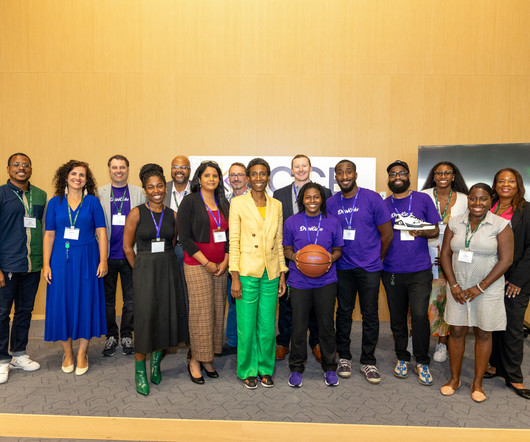



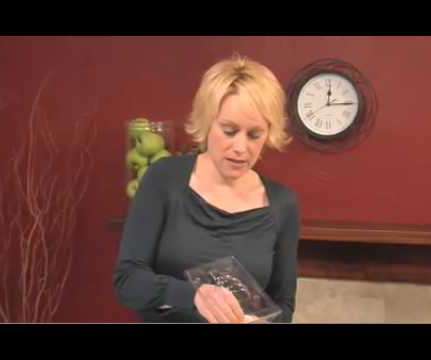

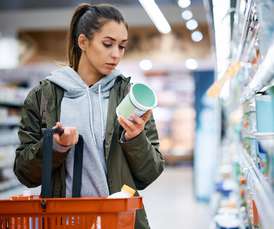

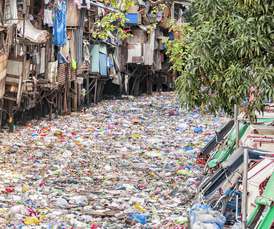





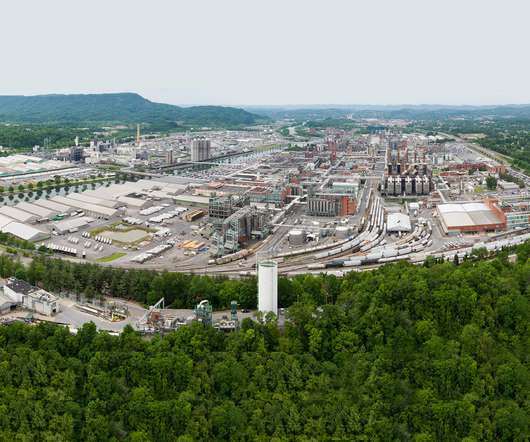










Let's personalize your content